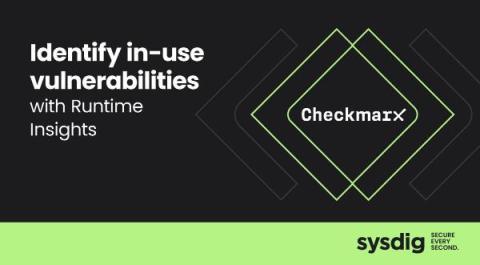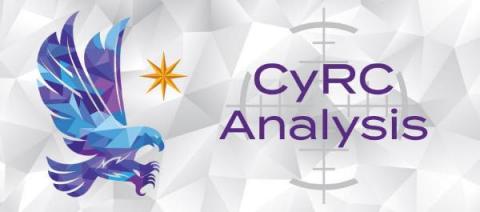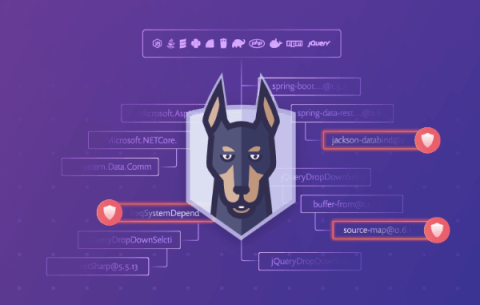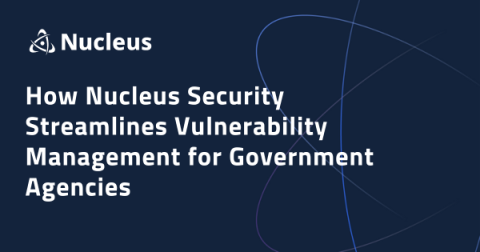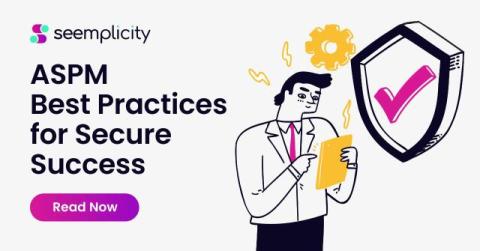How to Prioritize Vulnerabilities with Checkmarx and Sysdig Runtime Insights
Back in August 2023, Checkmarx and Sysdig announced a new partnership. This collaboration enables customers of both Checkmarx and Sysdig to leverage the comprehensive visibility offered by Sysdig Runtime Insights to get even more value from the Checkmarx One application security platform.


